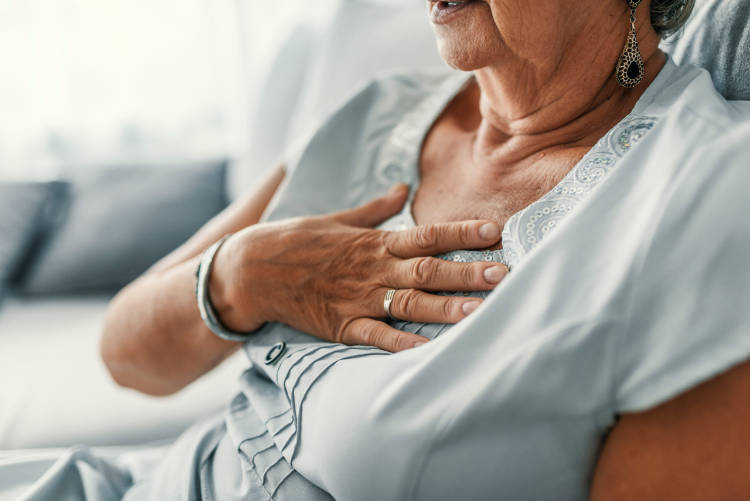

GORD or Gastro-Oesophageal Reflux Disease is the term used for a condition where the stomach acid rises up into the oesophagus (food pipe) and sometimes into the throat.
This can cause symptoms such as heartburn, tasting acid in the mouth, chest pain, indigestion, burping and persistent night-time cough.
GORD is the most common upper gastrointestinal disorder in the elderly with the prevalence of 10-20% in the western world.
One of the most effective lifestyle changes you can make to reduce the symptoms of GORD is to ensure your diet and eating habits do not trigger symptoms.
• Fatty or fried foods: These tend to stay in the stomach longer and relax the gastro-oesophageal sphincter.
• Spicy or acidic foods: Chili, citrus fruits, tomatoes or vinegar can irritate the esophagus.
• Chocolate, mint and caffeine: These substances commonly trigger heartburn.
• Carbonated drinks and alcohol: Soda and alcoholic beverages often worsen reflux.
• Whole grains and fibre: Oatmeal, whole-grain bread, brown rice and other fiber-rich grains provide fibre and absorb acid in the stomach.
• Lean proteins: Lean meats, skinless poultry, fish, eggs and beans that are grilled, poached, broiled, or baked are your best options. Try using fresh herbs, rather than spices, to make them flavourful.
• Non-acidic fruits: you can enjoy non-citrus fruits such as bananas, melons, apples, and pears, among others.
• Smaller, frequent meals: Eat 4–6 small meals or snacks per day instead of 2–3 large ones to reduce stomach pressure.
• Avoid late meals: Finish eating at least 2–3 hours before bedtime to prevent nighttime reflux.
• Stay upright after eating: Do not lie down or nap right after meals; remaining upright helps keep stomach acid down.
• Drink plenty of water: Aim for about 8 cups of water or non-caffeinated, non-carbonated beverages daily. Avoid consuming large amounts of fluids during meals to reduce reflux.
• Avoid irritant drinks: Limit or skip coffee, tea, soft drinks and alcohol, which often worsen reflux.
• Elevate head at night: Raising the bed head by 15-20cm (or using a wedge) can prevent nighttime reflux.
• Limit alcohol and avoid smoking: Alcohol relaxes the valve and often triggers reflux. Smoking can have similar effects.
• Maintain a healthy weight: Excess weight around the abdomen increases reflux; losing even a few kilograms can improve symptoms.
• Light activity after meals: A short walk after eating can aid digestion. Avoid vigorous exercise right after meals.
By focusing on these dietary and lifestyle changes, older adults and caregivers can often manage GORD symptoms more effectively. For persistent or severe reflux, consult a healthcare provider or dietitian for personalised advice.
References:
GERD diet: Foods to avoid to reduce acid reflux - Harvard Health
Eating, Diet, & Nutrition for GER & GERD - NIDDK
J Thorac Dis 2019;11(Suppl 12):S1594-S1601; The role of diet in the development and management of gastroesophageal reflux disease: why we feel the burn
Shaqran TM, Ismaeel MM, Alnuaman AA, Al Ahmad FA, Albalawi GA, Almubarak JN, AlHarbi RS, Alaqidi RS, AlAli YA, Alfawaz KS, Daghriri AA. Epidemiology, Causes, and Management of Gastro-esophageal Reflux Disease: A Systematic Review. Cureus. 2023 Oct 21;15(10):e47420. doi: 10.7759/cureus.47420. PMID: 38022211; PMCID: PMC10658748.